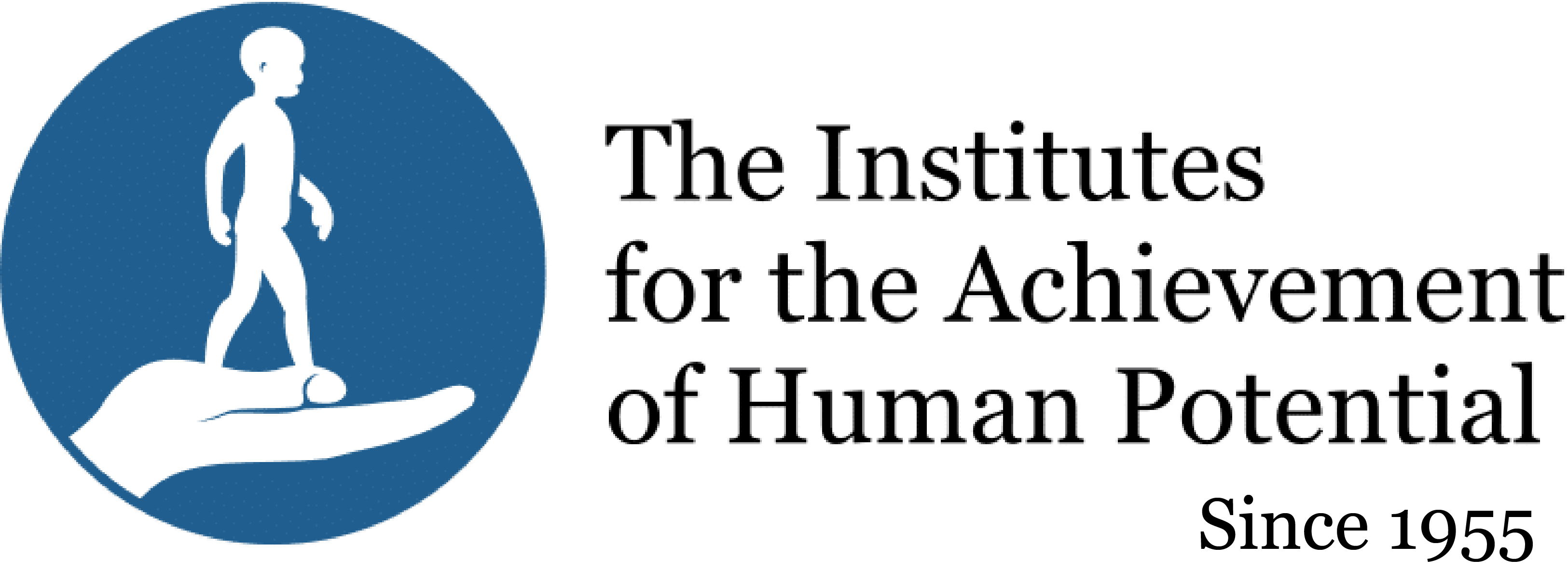MEDICATION
What You Need To Know

It will come as no surprise that we are very careful about everything we give to our children.
We have learned in the world of hurt children everything counts. The food they eat, the air they breathe, the water they drink and bath in, the cleansers we use, and most especially the medications we choose.
We learned a long, long time ago only visit the medicine cabinet when you absolutely must do so.
The lessons we have learned along the way have been important and our well children have benefited hugely from those lessons.
Here are ten simple things that may be helpful to you and your child.
- Frequent runny noses and “colds” may be symptoms of allergies.
- Antibiotics only work if there is a true bacterial infection.
- The “flu” is viral, not bacterial, and should not be treated with an antibiotic.
- It is reasonable to ask for your child to be checked for a bacterial infection before making the decision to use antibiotics.
- Antibiotics kill both good and bad bacteria in the intestine.
- When good bacteria die off, this promotes the overgrowth of yeast in the intestine.
- Yeast overgrowth decreases the function of the immune system.
- Ear infections in small children can be caused by allergic reactions to foods.
- There are studies now comparing health outcomes for children who are immunized and children who have not been immunized.
- Amphetamines do not cure the brain dysfunction that causes poor attention and hyperactivity.

Thousands of hurt children have come to the Institutes seeking our help. Many of those children were chronically ill when they arrived. The vast majority of our children rapidly become much stronger and much healthier.
Today it is alarming to us to see that well children are not nearly as well as they could be or should be.
As always, parents are the answer. When parents gain the knowledge they need, they can make huge changes for their children.
When in doubt ask questions, learn more. Never do anything with your child that you do not fully understand or agree with.

Janet Doman
Director

 Donate
Donate






